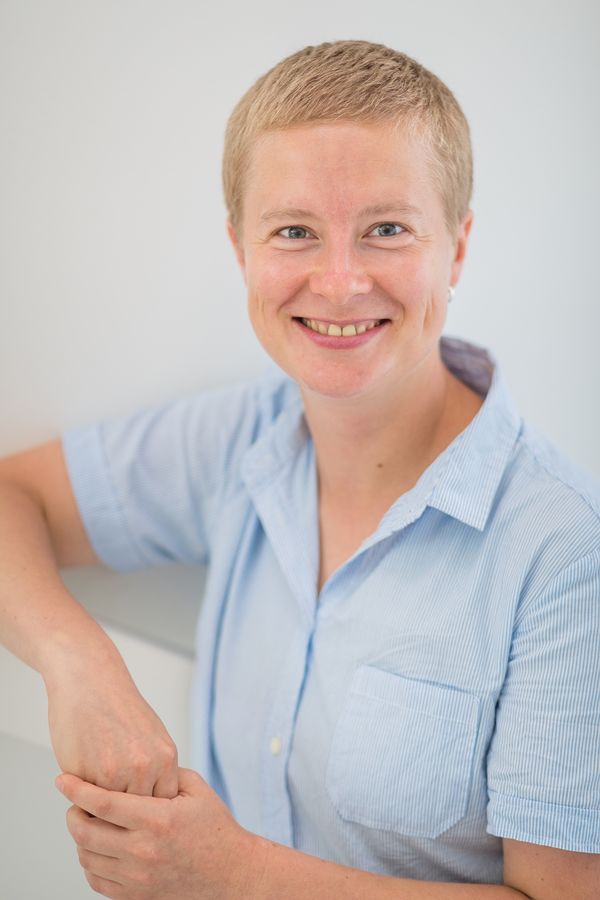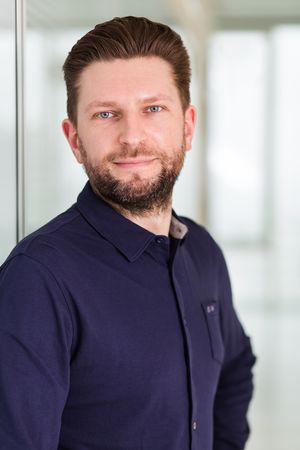EU Excellent Science
Twinning for Excellence in Research, Training and Innovation on early-in-life stress and aging (TWIN4EarLiStAge)
This project focuses on how early-life events influence the aging process, particularly the effects of early-life cellular stress on health span and lifespan. By leveraging existing knowledge about the longevity benefits of moderate Reactive Oxygen Species (ROS) production during early development, the initiative aims to identify critical time windows and mechanisms that contribute to the individual lifespan determination. Collaborating with two leading Centers in Aging Research in Jena and Groningen, the University of Crete seeks to enhance training for young scientists, improve research management skills, and increase the capacity for the translation of research findings and technology transfer. This partnership will establish Greece's first excellence hub in Research, Training, and Innovation in the field of Biology of Aging, aligning with top institutions to enhance scientific output, funding opportunities, and career prospects for emerging researchers while translating research into societal benefits.
Cooperating partners
FLI – Leibniz Institute on Aging – Fritz Lipmann Institute, Germany
UMCG – University Medical Center Groningen – Academisch Ziekenhuis Groningen, The Netherlands
UOC – University of Crete, Greece
Website TWIN4EarLiStAge
RESETageing
The RESETageing consortium is a collaborative network between the University of Coimbra (UC) in Portugal and three partners countries with top expertise in ageing biology, cardiovascular biology and tools applied to the study of age-related diseases:
- University of Newcastle upon Tyne, United Kingdom
- Leibniz Institute on Aging – Fritz Lipmann Institute (FLI), Germany
- University of Maastricht, Netherlands
The EU funded project aims at enhancing the scientific and innovation competencies of University of Coimbra in the area of biology of aging and age-related cardiovascular diseases, with three high-performing partners.
The project goals are to:
- stimulate research excellence in the aging and age-related cardiovascular diseases at UC research groups, through the establishment of a collaborative network with the Twinning institutions
- train UC researchers in the area of aging mechanisms and familiarize them with new tools to study age-related diseases (omics, system biology and animal models)
- build an innovation and entrepreneurship environment at UC by nurturing an entrepreneurial and risk-taking spirit among UC students and researchers.
Contact:
Contact

Maria Ermolaeva
Partner
+49 3641 65-6805
maria.ermolaeva@~@leibniz-fli.de
Contact

Alessandro Ori
Partner
alessandro.ori@~@leibniz-fli.de
More information:








